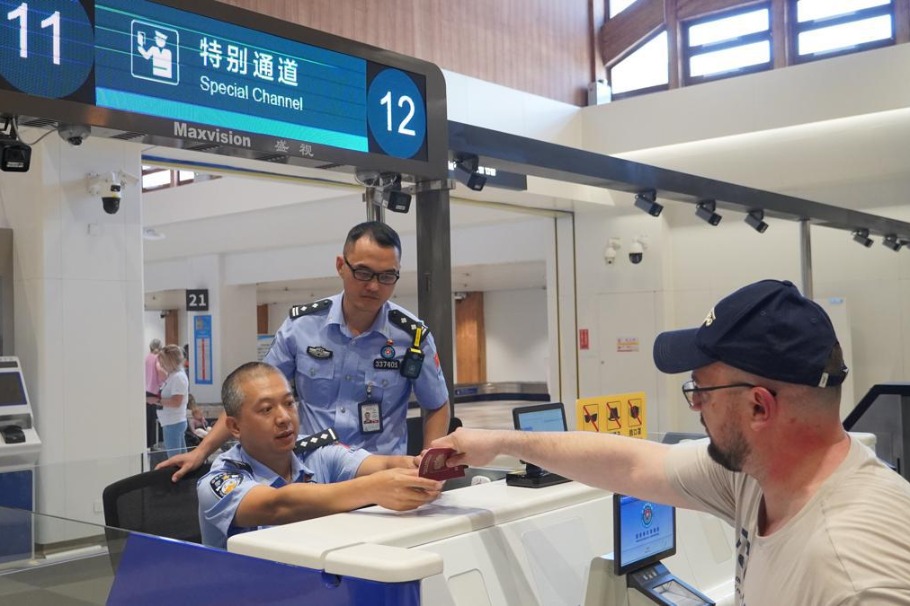China office of UN space platform opens

On April 22, Aarti Holla-Maini, director of the United Nations Office for Outer Space Affairs, led a delegation to visit Wuhan University and signed a cooperation memorandum with Zhang Pingwen, president of the university.
The two sides jointly inaugurated the China regional support office of the United Nations Platform for Space-based Information for Disaster Management and Emergency Response, also known as UN-SPIDER.
Zhang said that Wuhan University, which is located in Hubei province, possesses profound academic expertise and technological strengths in remote sensing science, geographic information and emergency management, with a series of internationally recognized achievements.
"This collaboration not only recognizes the university's scientific research capabilities, but also establishes a strategic platform for deeper engagement in global disaster governance," Zhang said.
Moving forward, the university will leverage the new office to enhance cooperation with the UN in space technology applications and outer space law, upholding the principle of "peaceful use of outer space" and contributing Wuhan University's expertise to address global challenges such as climate change and natural disasters, he added.
Holla-Maini praised the university's sustained contributions to space-based disaster mitigation, particularly its recent technical support for earthquake relief efforts in Myanmar. She said that the establishment of the China regional support office will strengthen UN-SPIDER's global service network.
"We look forward to advancing innovative applications of space-based technologies in disaster early warning, emergency response and sustainable development," she said. "We aim to push technological boundaries and build a more efficient support system for a global community with a shared future."
Professor Li Xi from the State Key Laboratory of Information Engineering in Surveying, Mapping and Remote Sensing, said that the transformative nature of the partnership is essential.
"In the past, collaborations between Wuhan University and the UN often remained at the academic level — exchanging ideas and co-authoring papers. We are now formally integrated into the UN's operational mechanisms," Li said.
"Through official channels, we can now deliver the research outcomes for UN utilization, while the UN can provide substantial support to our university. This elevates the university's global reputation and visibility within the UN system, which will further propel the aerospace industry of Hubei onto the international stage," he said.
He added that this year marks the 80th anniversary of the UN's founding, making this a significant milestone for Hubei. It demonstrates international recognition of the province's thriving aerospace sector and robust scientific and educational resources. It also allows the world-leading remote sensing discipline of the province to tangibly serve the vision of a global community with a shared future.
"The collaboration also opens pathways for students to receive training at the UN, cultivating talents in global governance," he said, adding that through such mechanisms, Wuhan University will amplify its voice not just academically, but also within the UN's policymaking spheres.
The office is the first regional support office established by the United Nations Office for Outer Space Affairs in China. Established by the UN General Assembly in its resolution 1348 (XIII) on Dec 13, 1958, UNOOSA promotes international cooperation in the peaceful exploration and use of outer space.





































